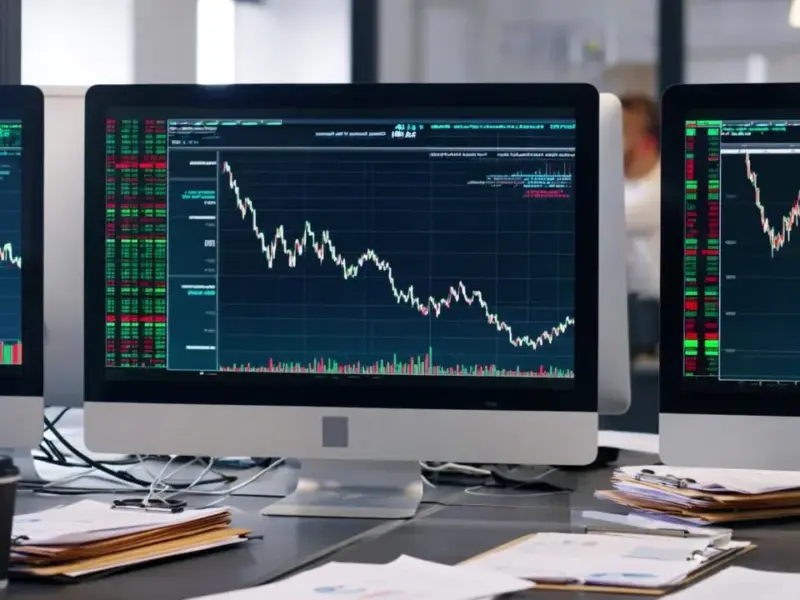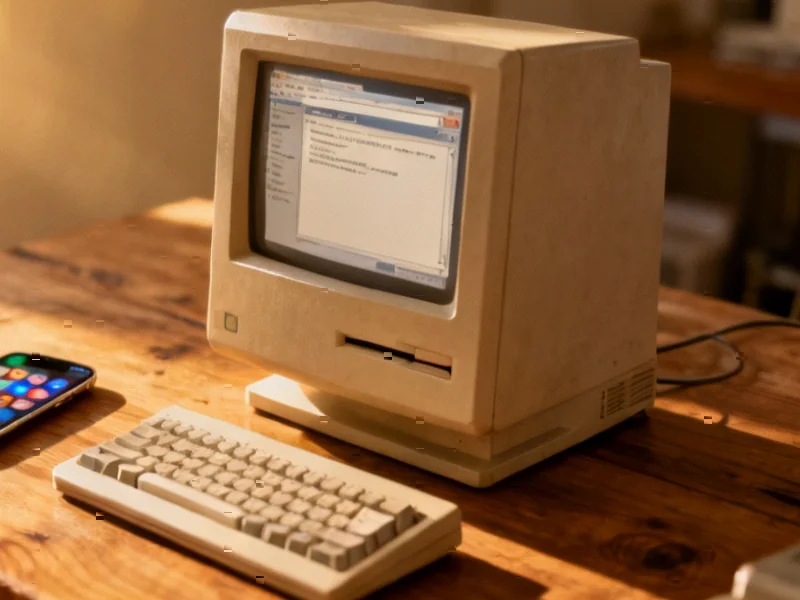According to Business Insider, Tesla shareholders are preparing to vote on Elon Musk’s potentially $1 trillion compensation package at the company’s November 6 annual meeting. The package requires Musk to hit staggering targets including growing Tesla’s market cap to $8.5 trillion by 2035, selling 12 million vehicles annually, deploying one million robotaxis, and producing one million AI bots. Tesla Chair Robyn Denholm warned shareholders that Musk could walk away from the company if they reject the deal, which comes after a Delaware judge struck down his previous $56 billion pay plan twice. Meanwhile, proxy advisory firms ISS and Glass Lewis are urging shareholders to vote against what they call an excessive package with too little oversight, with Musk firing back by labeling them “corporate terrorists.”
The Musk ultimatum
Here’s the thing – this isn’t just about compensation anymore. It’s basically a high-stakes game of chicken between Musk and Tesla’s investors. The board is explicitly telling shareholders: approve this package or risk losing your CEO entirely. That’s an incredible position for a public company to be in. Musk himself said he’s uncomfortable “building a robot army” only to potentially get ousted over “asinine recommendations.” But is that really the choice? Either give the CEO unprecedented control and compensation, or watch him walk away from the company he built?
The AI conflict of interest
Now things get even more complicated with xAI. Musk wants Tesla to invest in his private AI startup, which was valued at about $50 billion in 2024 and has raised over $12 billion. He already merged xAI with X in an all-stock deal and got SpaceX to commit $2 billion. So why does Tesla need to get involved? Critics like Kevin Thomas from the Shareholder Association call this using a public company as a “piggy bank” for Musk’s private ventures. There’s a real concern here about where Tesla ends and the “Muskonomy” begins. When one person runs multiple companies that keep doing business with each other, who’s really looking out for Tesla shareholders?
The governance battle
Meanwhile, Tesla’s board rejected at least 11 shareholder proposals focused on accountability and sustainability. The few that made it to the ballot face board opposition too. New York State Comptroller Thomas DiNapoli is pushing to reverse bylaw changes that limited derivative lawsuits to largest shareholders, calling the moves a violation of “basic tenets of good corporate governance.” So we’ve got this perfect storm: massive compensation demands, potential conflicts with private companies, and reduced shareholder oversight. It’s like Tesla is testing how far corporate governance can bend before it breaks.
What’s really at stake
Look, Tesla’s at a crossroads. The company’s navigating political controversies, struggling sales, and massive bets on autonomous driving and AI. Musk wants shareholders to double down on his vision with minimal constraints. But the question investors need to ask themselves is simple: are they betting on Tesla the company, or Elon Musk the person? Because at this point, the board seems to think they’re inseparable. The $1 trillion price tag isn’t just about money – it’s about control, focus, and whether Tesla remains a public company or becomes an extension of one man’s empire.




